Maybe you fear the next generation of filmmakers will be lost to TikTok — that the lure of making instant-gratification posts online will distract today’s young directors from making feature films, imperiling the future of cinema. But that isn’t true at all of the four young filmmakers — all 18 to 22 — we spoke with recently about the future of filmmaking. Zelda Adams, Avalon Fast, Jack Fessenden and Ethan Eng have made some of the most thrilling and audacious films we’ve seen in recent years. We talked with them about how they started making movies so young, and why they’re committed to keep making them. Fast’s debut, Honeycomb, is screening tonight at the Fantasia Film Festival in Montreal.
MOVIEMAKER: One immediate thing that I find fascinating about all of you is you make such assured movies and movies so specific to your own vision. Yet there’s this stereotype that younger people only want to make YouTube videos or TikTok videos. Why movies?
ZELDA ADAMS: I’ve tried to venture into making vlogs, or TikToks. But I always really try to make them super artistic and cool and spunky. And then they never get any love. And I’m like, ‘I put 15 hours of work into this 10-second clip, and I got, like, 10 Likes. What?’ So that’s something I really love about movies. The audience is going out to see something beautiful and artistic and creative.
AVALON FAST: I’ve thought about that myself, and thought that maybe I should start doing that kind of thing, just to build some hype around whatever I have going. But I grew up with movies. When I started watching movies it was VHS… I grew up with DVDs and going to the video store and picking up a movie, until I was like 16 years old. That was how I got entertainment. So yeah, it feels like it’s still a part of my generation to be making movies, and TikTok and shorter online videos seem like something I don’t really even understand that well, yet.
JACK FESSENDEN: TikTok and online video stuff is not an escape the way that movies are. They just remind you more and more of your own peer group and maybe the ways in which you don’t fit in. And so engaging with that stuff doesn’t give you the same kind of transcendent feeling that watching movies has since we were kids.
ETHAN ENG: I mean, I’ve seen some transcendent TikToks. Like epic street fights that have blown me away more than any Bruce Lee movie. But I do agree. I do think our generation still has a reverence for the big screen. Like you said, Zelda, there’s a lot of consideration and thought and effort put into it. It’s something that we all still want to participate in.
…
MOVIEMAKER: I find movies kind of meditative. You’re shutting out the entire world for two hours. Is that part of the appeal of filmmaking for you? And do you think that’s going anywhere?
JACK FESSENDEN: I honestly had never thought about it that way. But that’s exactly why I always just think of it as an escape: This story is going to wrap you up, especially if you’re rewatching the movies that you love or something. I think that’s why a long attention-span format, in today’s standards, still can survive.
ZELDA ADAMS: I watch a lot of horror movies and horror TV shows, and something that I think is really neat is that I get to explore some of my worst fears in a safe place — you know, home invasion, and sharks. I don’t actually have to experience that, I can just watch it in a movie and it feels so good. And it’s thrilling.
ETHAN ENG: Personally, for me, and a lot of people I know, we don’t really experience movies in the theater anymore. Most of our experiences with films are sitting alone in a dark room, whether it’s your laptop, or even on a cell phone, and just having that one-on-one with the movie. And, you know, you’re right, it is very meditative. It’s an hour or two of your time to kind of listen to somebody else. And sometimes during those moments, you kind of hear the things that you needed to hear, and it helps you. So yeah, I do think that’s kind of the experience now, it’s quieter. I think it’s more gentle.

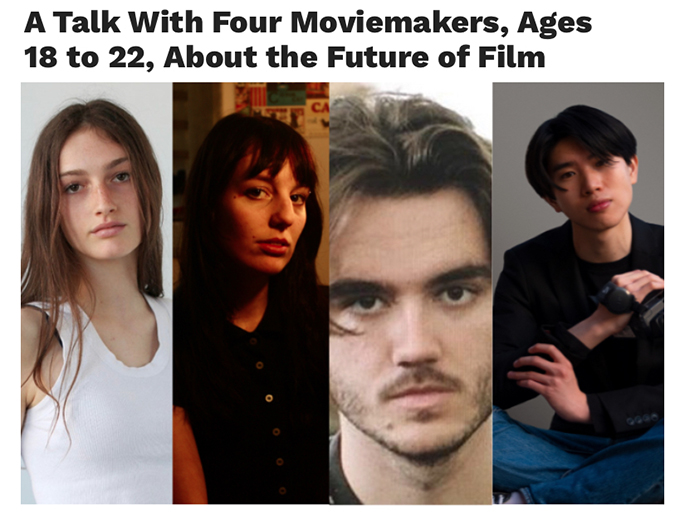
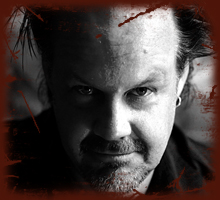
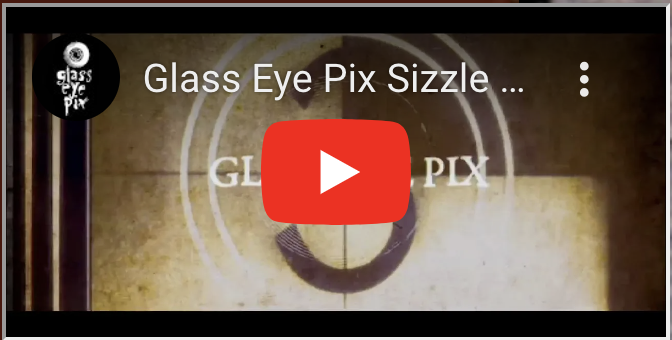
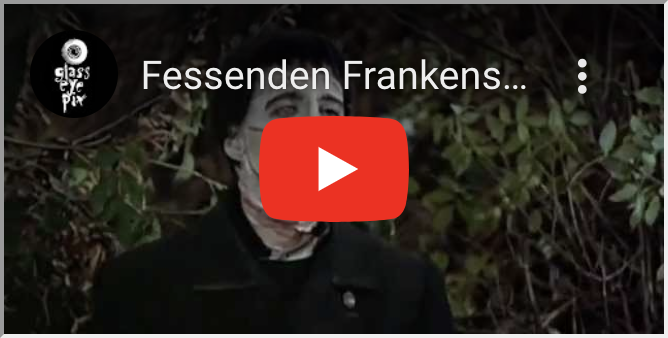
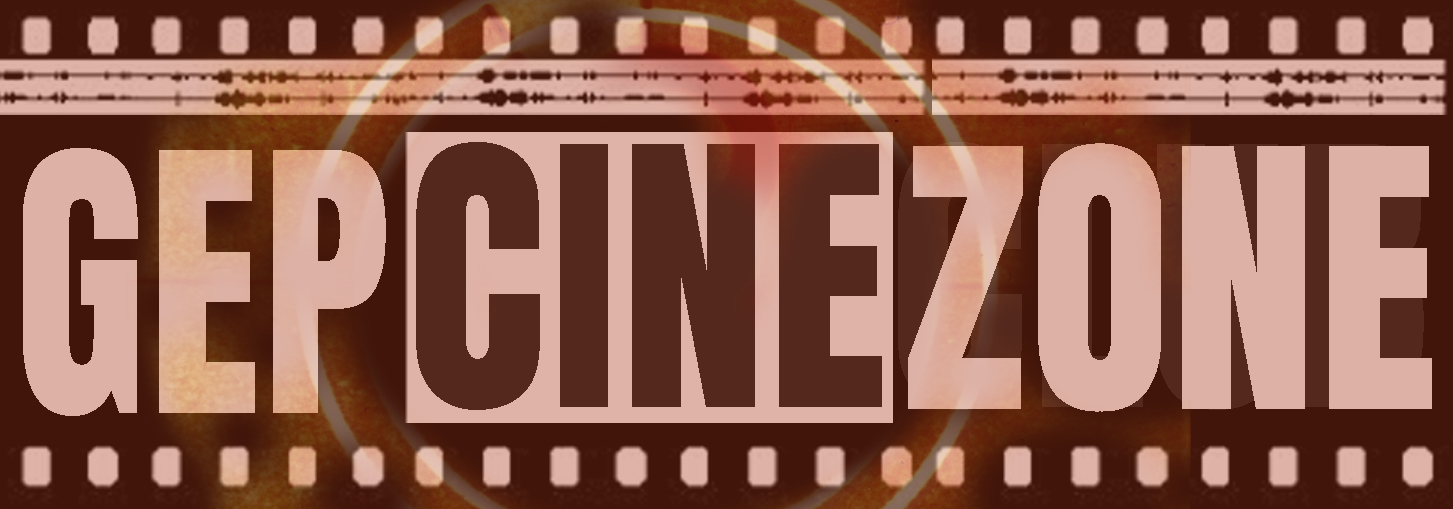


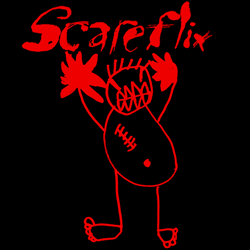
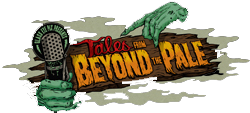
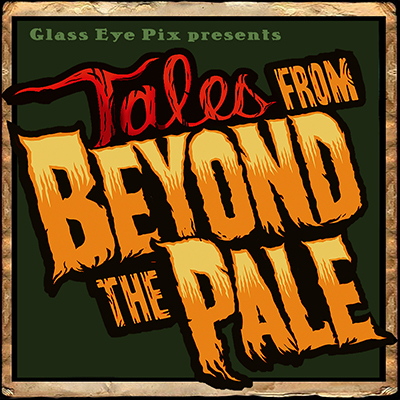
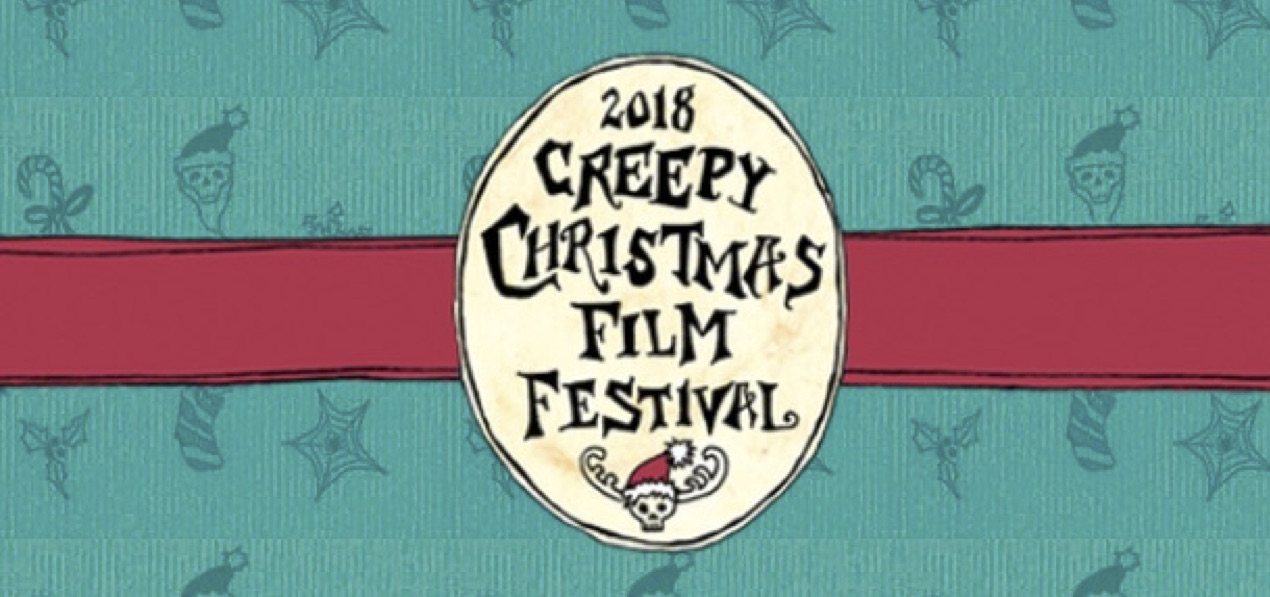
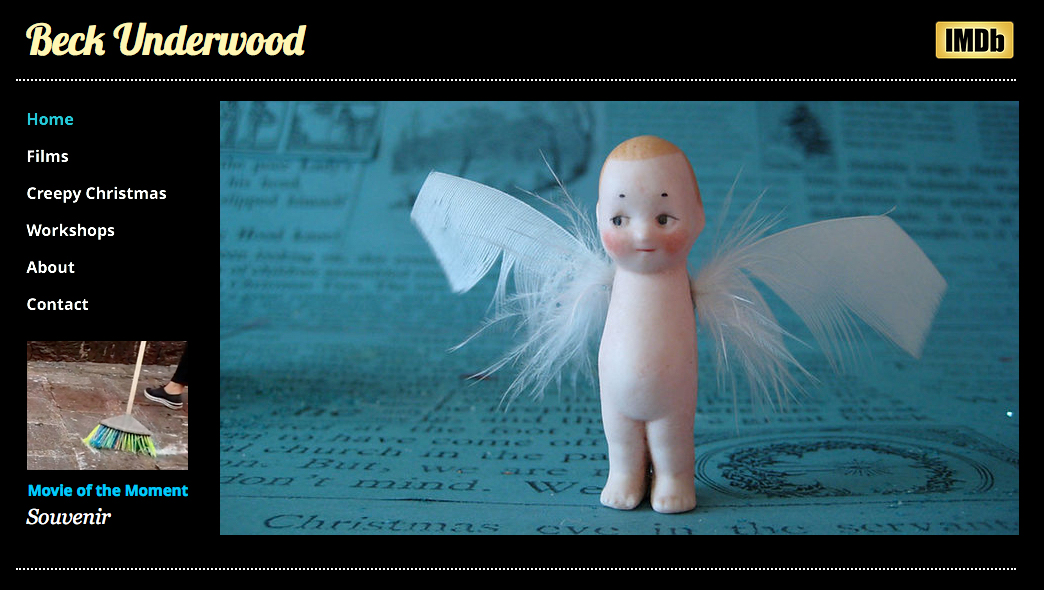
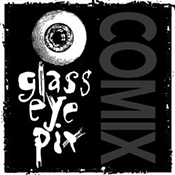

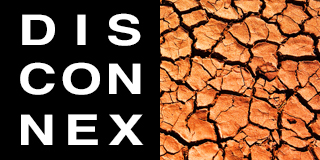


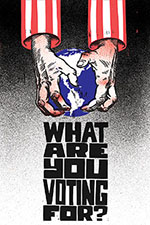
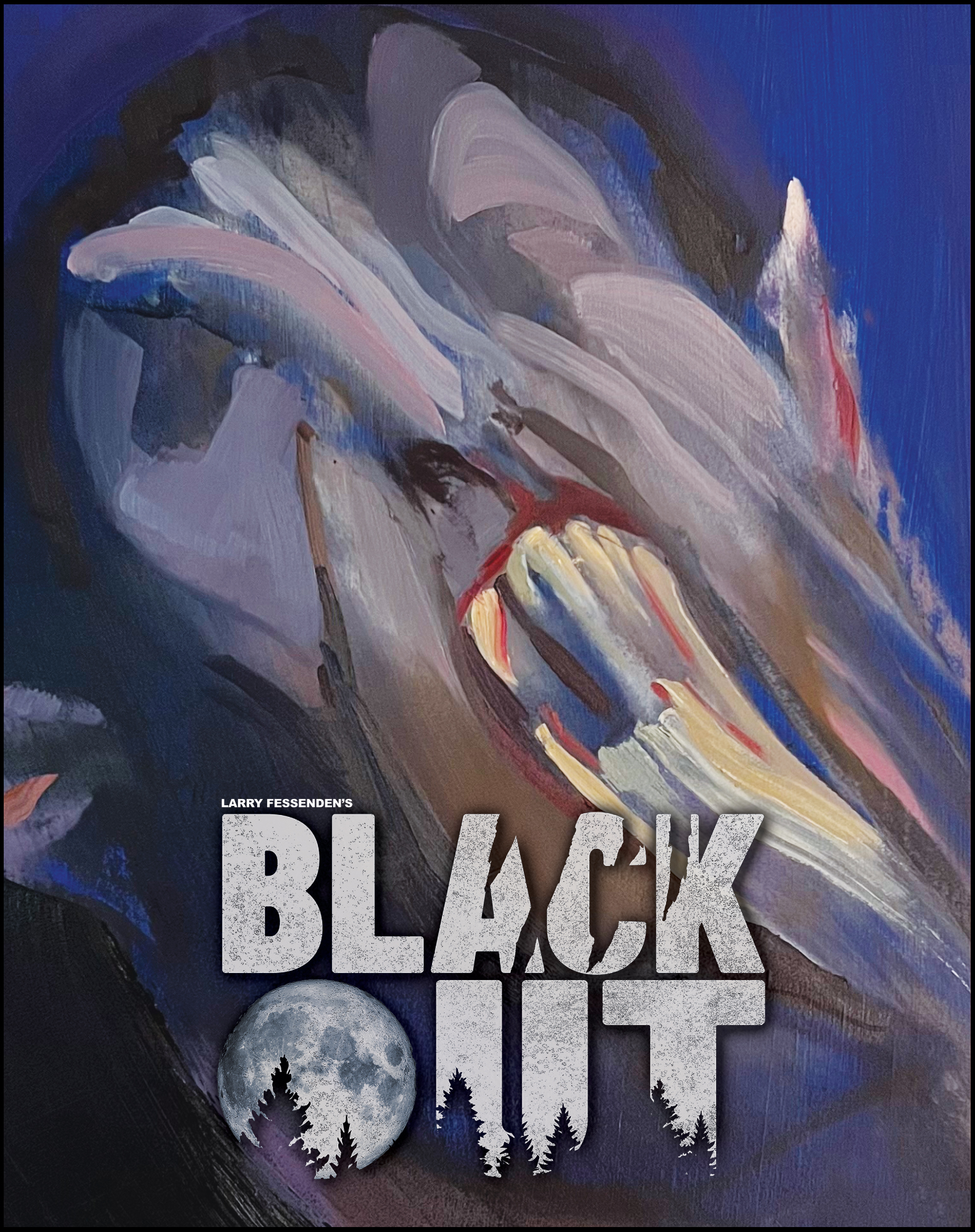
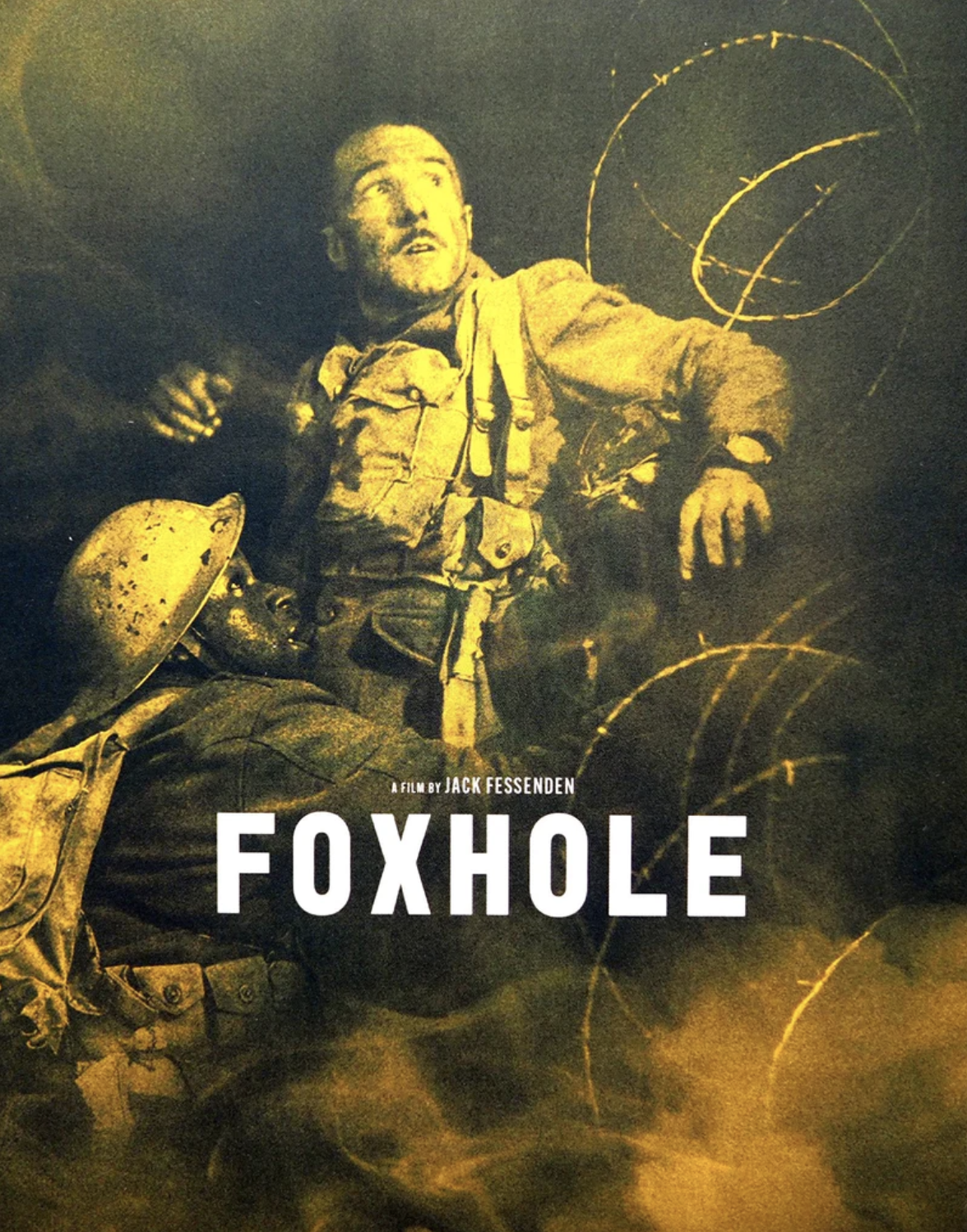
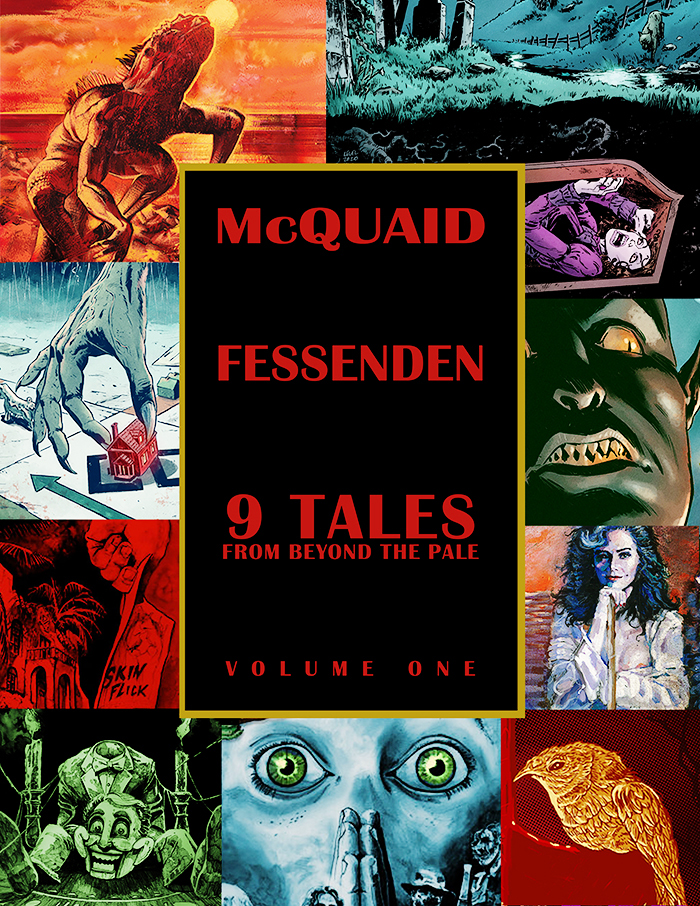
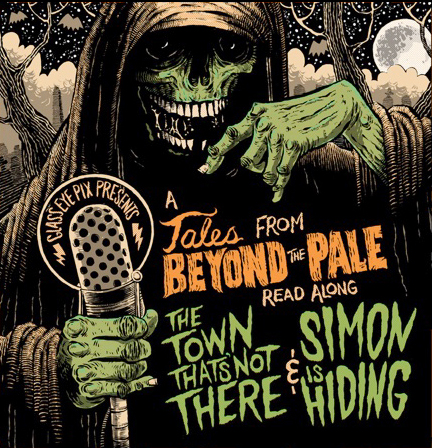
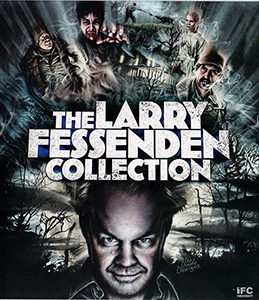
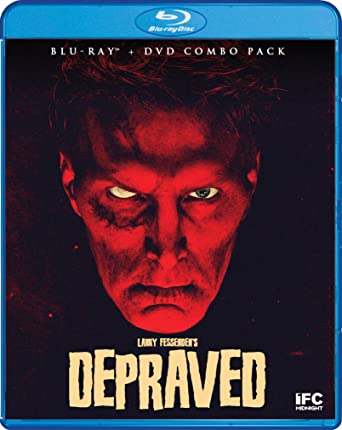
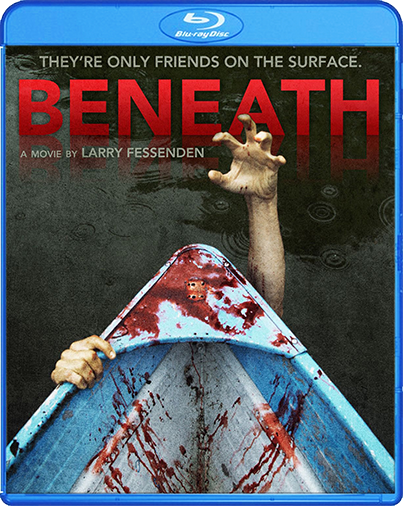
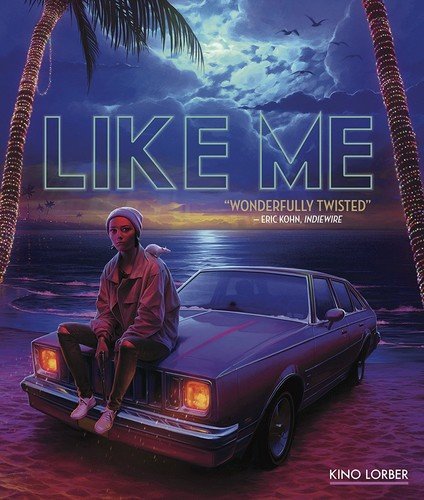
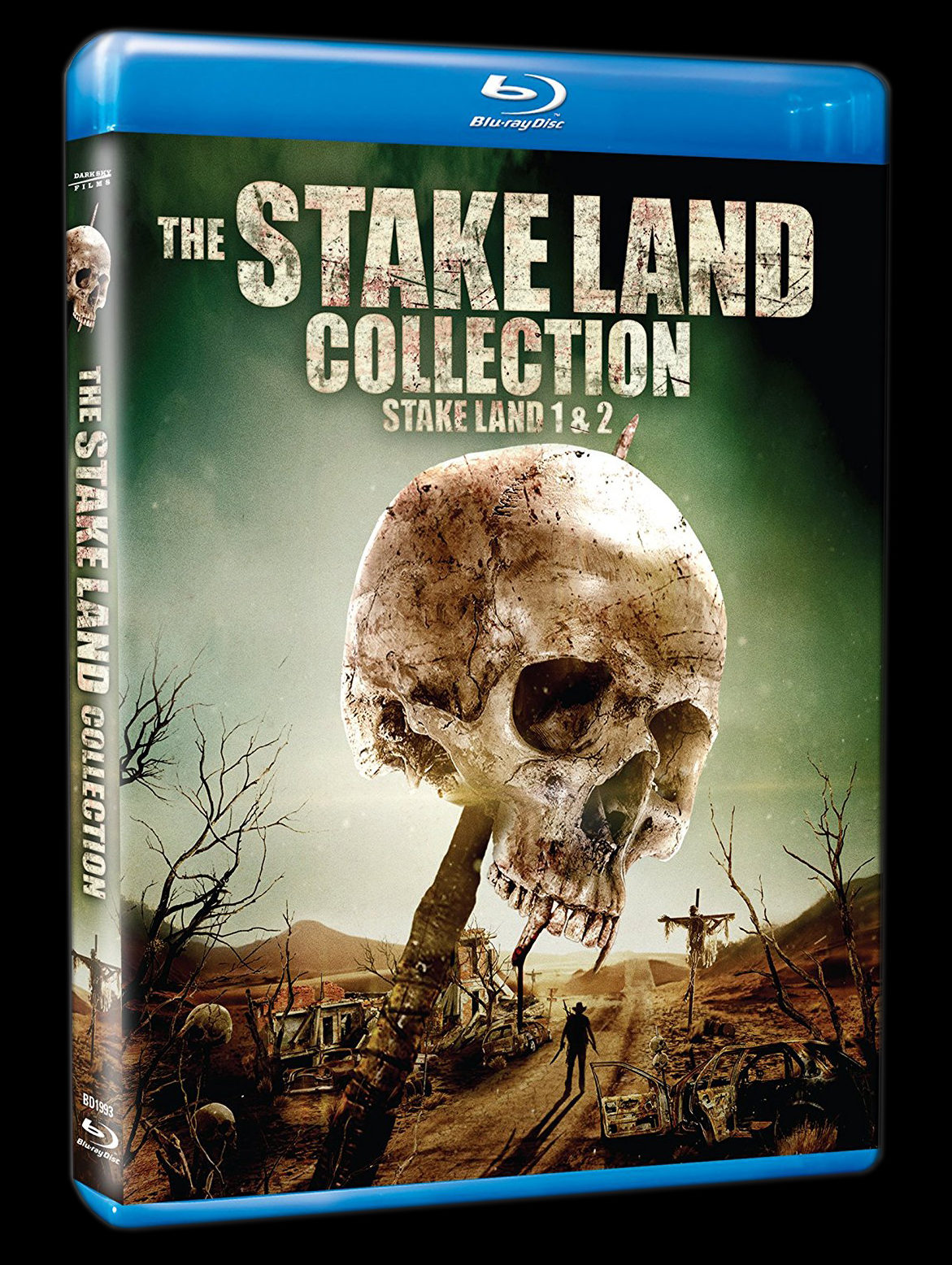
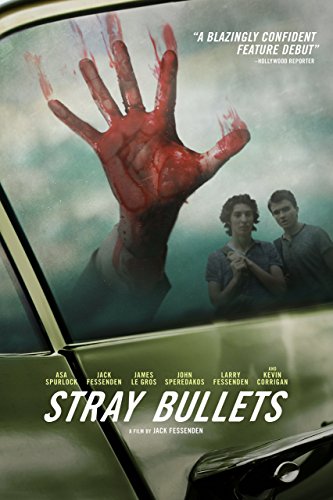
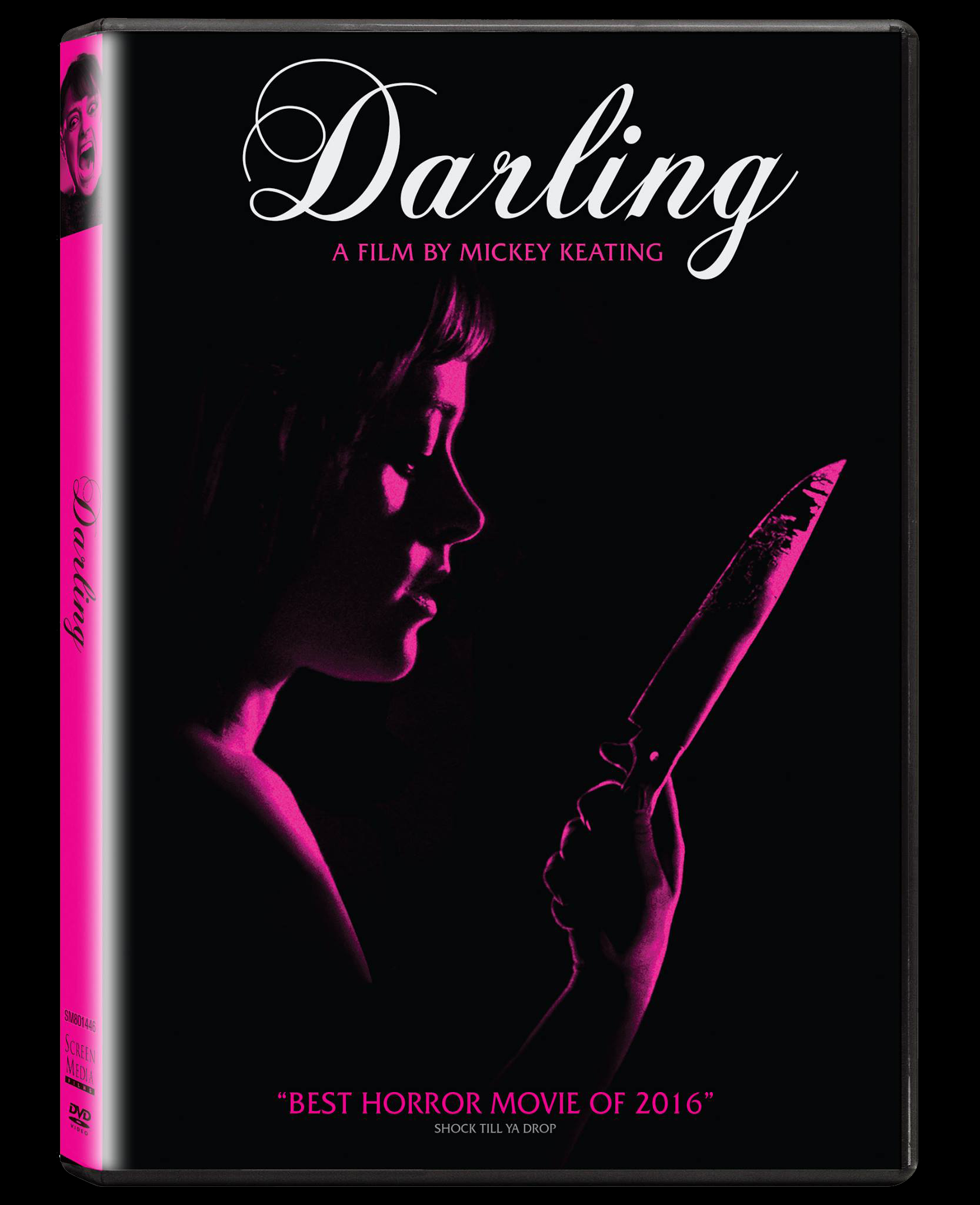
Add a comment